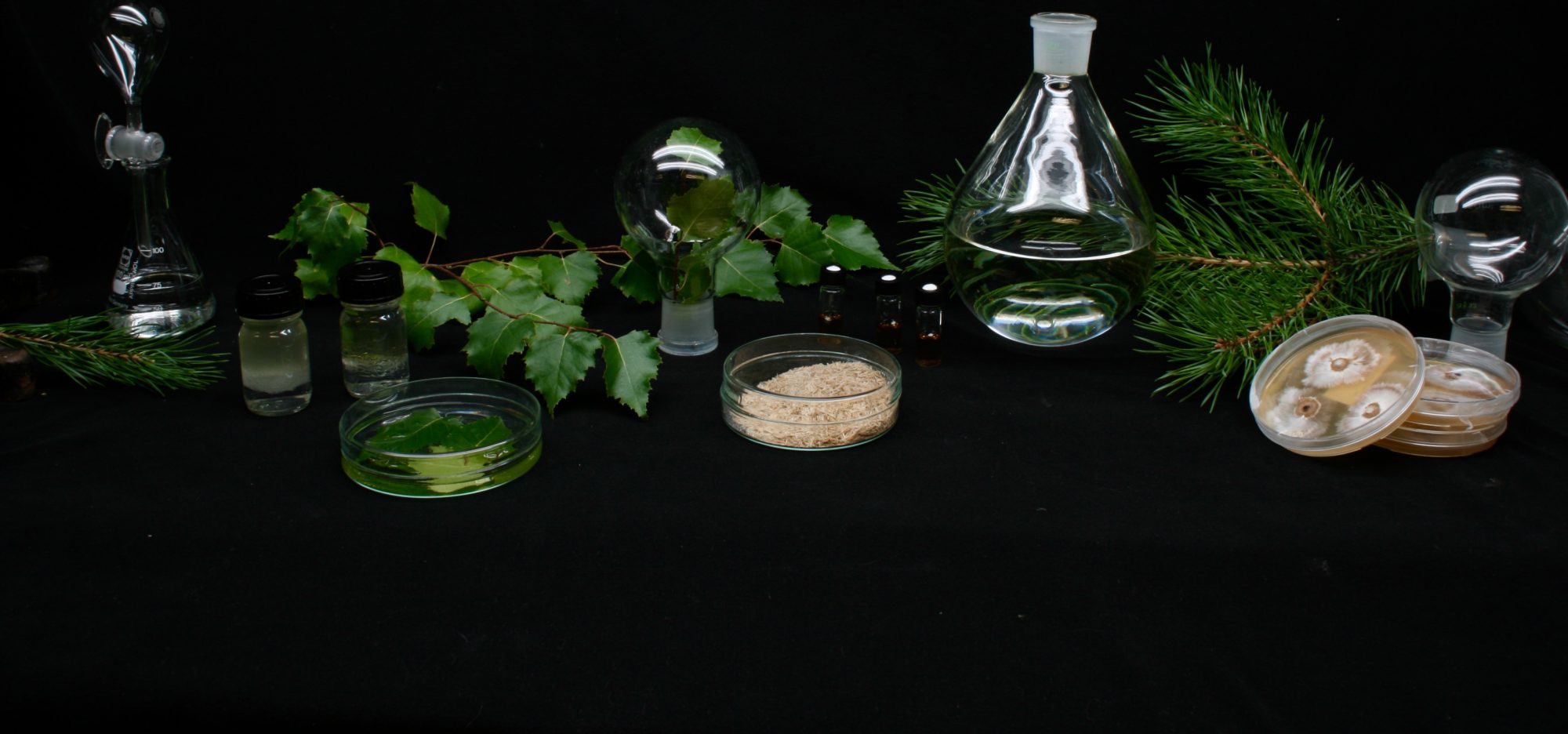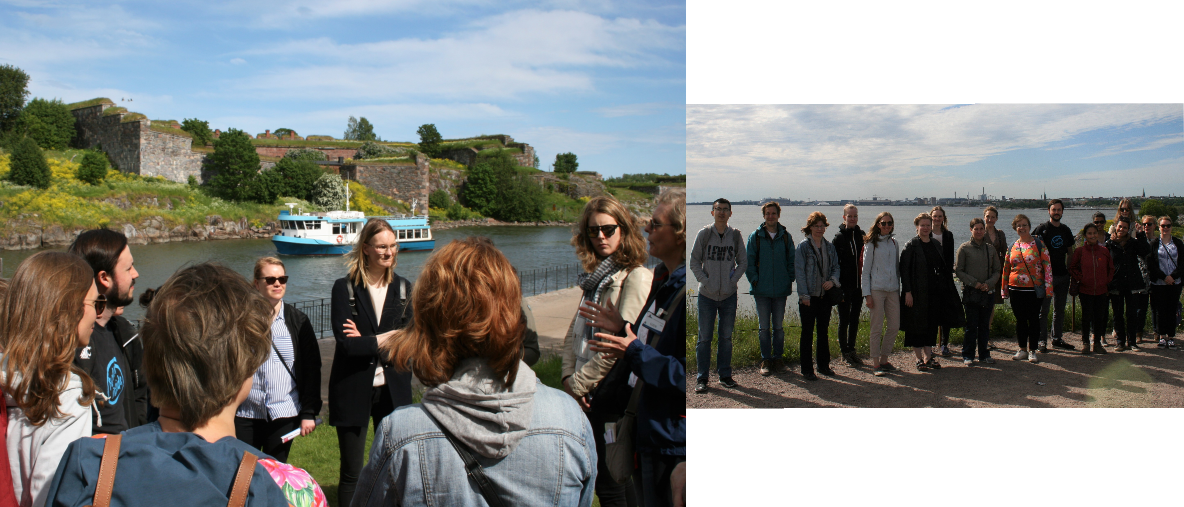
The writing retreat has been an annual event, organized by the Food Materials Science Research Group since 2018, with the intent of setting aside the experimental work and shifting the focus to scientific writing activities. This year, we embarked on a journey to a different location and experienced three fruitful days at the Tvärminne zoological station of the University of Helsinki.
During our retreat in Tvärminne, a beautiful rural area in southern Finland, the members of our group, along with our group leader, Kirsi Mikkonen, got the chance to get together and be productive in a breathtaking place by the sea. We spent most of our time in the classroom, reserved for quiet working, which helped us productively engage in writing, some of us commencing new applications, others finishing old, nearly forgotten publications. Group meetings and fertile scientific discussions were held outside of the classroom. In addition to the hard-working time, everyone enjoyed the delicious meals and desserts during lunch and dinner. The group members sat together chatting, while admiring the amazing sea views. This gave us the opportunity to talk about each other’s work, and get to know new and old lab members better.
Following lunch, some chose to take a walk, enjoy the serene environment and admire wild berries and mushrooms. To reward ourselves after a long day of work, we indulged in going to the sauna and swimming in the cold waters, amongst some friendly jellyfish. After the sauna, we all got together to eat, play games and sing karaoke.
Overall, it was a unique experience, as we had the ability to work productively and share thoughts and ideas with our colleagues.









